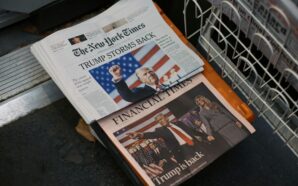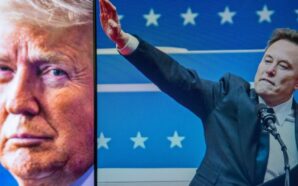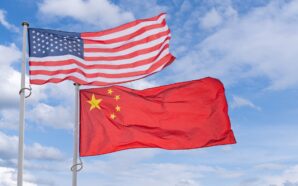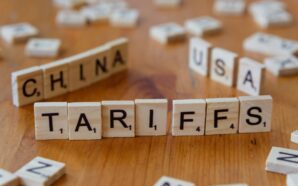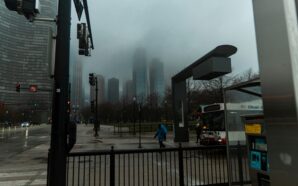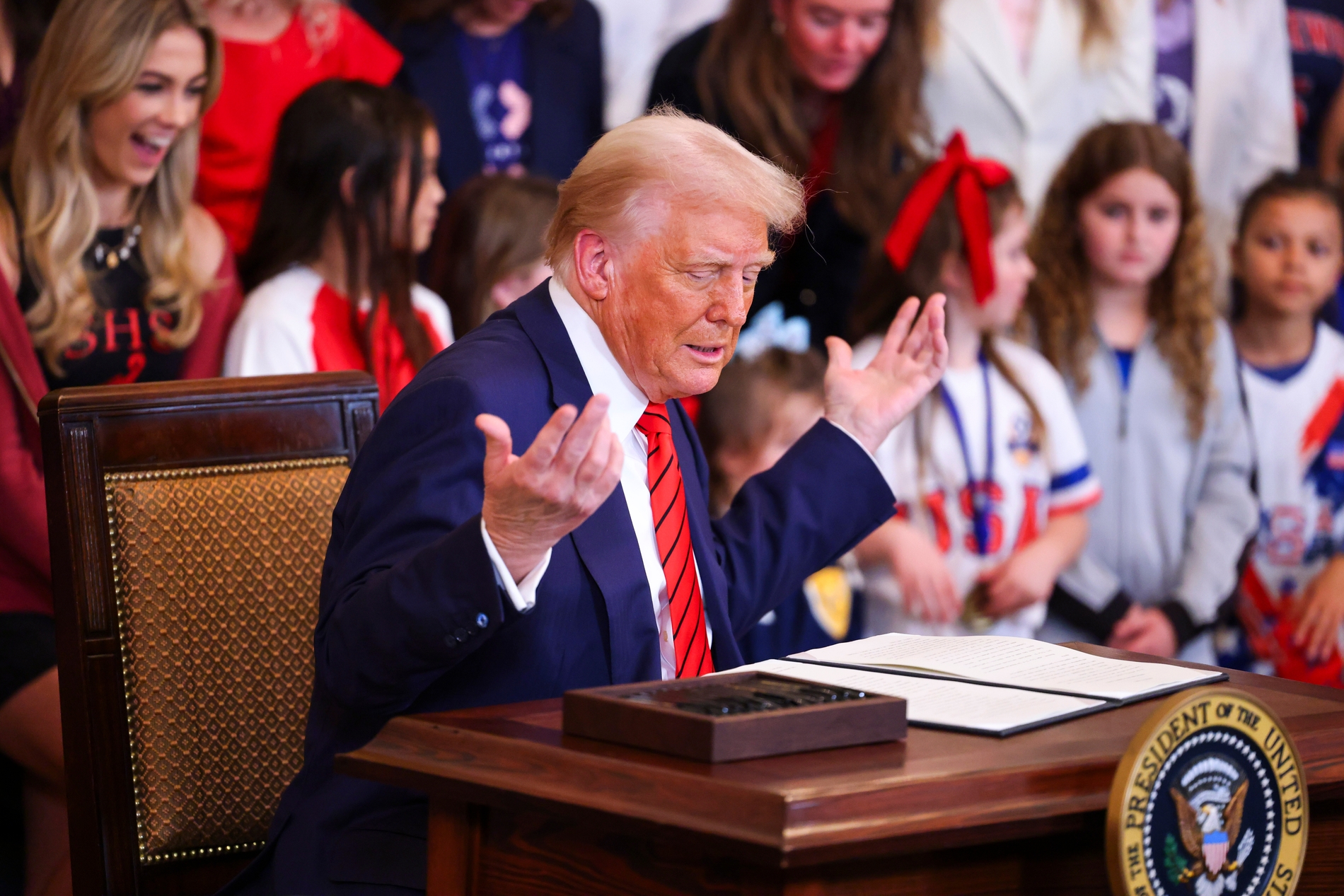
Justice reform or political theater?
President Trump has never shied away from bold moves, and his latest executive orders prove it. On August 25, he signed two measures that have already set off a firestorm: one aimed at ending cashless bail and another at criminalizing flag burning. Supporters call them long overdue. Critics call them unconstitutional power grabs.
Cracking down on cashless bail
Cashless bail was meant to make the system fairer, allowing people charged with crimes to go home while awaiting trial without having to pay money they often couldn’t afford. Cities like New York and Washington, D.C. pushed this as a way to reduce racial and economic inequality.
Trump sees it differently. His new order threatens to pull federal funding from jurisdictions that keep cashless bail in place, arguing that it puts violent offenders back on the street. The Justice Department has even been instructed to prioritize detention in the nation’s capital, effectively nationalizing pretrial custody.
Critics warn this move punishes poor communities most, turning freedom before trial into something you buy rather than something you’re entitled to.
A war on flag burning
The second order might be even more explosive. Trump directed federal prosecutors to go after anyone who burns the American flag, something the Supreme Court has protected as free speech since the late 1980s. The order goes further, telling immigration officials to revoke visas or even deport immigrants caught desecrating the flag.
For Trump, this is about patriotism and respect. For opponents, it’s a direct attack on the First Amendment. Legal scholars are already predicting a court showdown that could force the Supreme Court to revisit one of its landmark free speech decisions.
What this really means
These orders are about more than bail or flags. They’re about raw political power. By bypassing Congress and throwing down executive orders, Trump is daring courts and states to stop him. It’s a high-risk strategy: if the courts strike these down, it’s another clash that shows the limits of executive authority. If they survive, it could rewrite the balance between federal power and individual rights.
Bottom line
To Trump’s supporters, this is toughness. To his critics, it’s a dangerous overreach. But either way, these moves guarantee months of legal battles and a new round of culture wars. What’s certain is that these orders aren’t just about crime or patriotism, they’re about defining the limits of freedom in America.
-
How Exactly Is This Bill Making America Great Again? President Trump is pushing hard for his latest budget bill,...
-
Credit: Envato Elements Victims’ families call out prosecutors over rushed plea deal for Idaho murder suspect Bryan Kohberger In...
-
Credit: Envato Elements Thunderbolts, Tuxedos and a Touch of Chaos as Jeff Bezos and Lauren Sanchez’s Star-Studded Pre-Wedding Party...
-
Credit: Shutterstock Did The U.S. Just Make a Big Mistake By Bombing Iran? Donald Trump just launched airstrikes on...
-
Credit: Unsplash Should You Be Worried About Iran Attacking the USA? There’s a lot going on in the world...
-
Credit: Shutterstock Elon Musk acknowledges his online criticism of President Trump went too far as both sides begin to...
-
Credit: Shutterstock Are Things Good Now? If you’ve been following the news lately, you know that things between the...
-
Credit: Shutterstock Was Charlie Kirk Even Prepared to Debate Cambridge Students? Charlie Kirk walked into the Cambridge Union expecting...
-
Credit: Unsplash What is the USA Vs. China Tariff War and How it Affects You Back in early 2025,...
-
Credit: Pexels Investigators Search for Answers After a Mexican Navy Training Vessel Crashes Into the Brooklyn Bridge, Leaving Two...
-
Credit: Unsplash Lavish red-carpet welcome meets rising diplomatic tension as Trump courts peace and stirs controversy in the Gulf...
-
Credit: Unsplash Toxic Fog or Tech Glitch? Chicago Caught in Air Quality Mystery That Has Everyone Talking Residents baffled...








